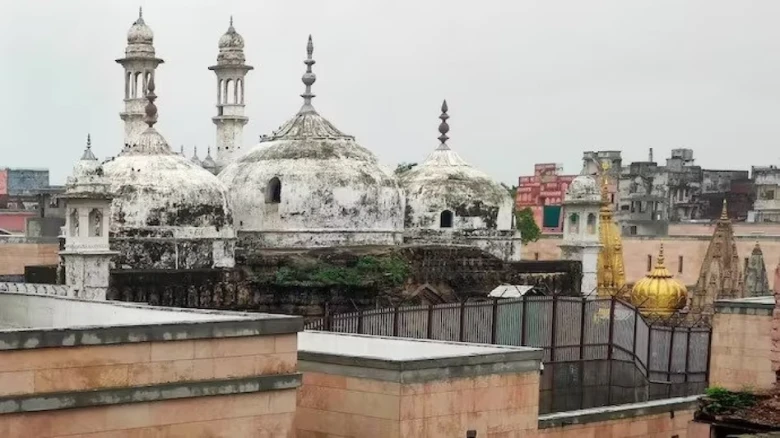Regional

The Allahabad High Court dismissed all five petitions filed by the Uttar Pradesh Sunni Central Waqf Board and Anjuman Intezamia Masjid Committee on Tuesday...
Digital Desk: The Allahabad High Court dismissed all five petitions filed by the Uttar Pradesh Sunni Central Waqf Board and Anjuman Intezamia Masjid Committee on Tuesday. The petitions challenged the Hindus' plea to worship at the Gyanvapi Mosque in Varanasi, sparking a legal battle over the ownership dispute between the Gyanvapi Mosque and Kashi Vishwanath Temple in Varanasi.
The petitions primarily contested the maintainability of a 1991 civil suit pending before a Varanasi court, seeking the restoration of a Hindu temple at the Gyanvapi Mosque site. Two petitions challenging the suit's maintainability and three against the Archaeological Survey of India (ASI) survey order were rejected by the High Court.
The Muslim groups argued that the 1991 Places of Worship Act, except for the Ram Janmabhoomi-Babri Masjid site, prohibits such pleas by maintaining the status quo at holy sites as of 1947. Some of these contentions are also awaiting consideration in the Supreme Court.
The Allahabad High Court's decision includes an order for the Varanasi Court to expedite the hearing of the case within six months.
On Monday, the ASI submitted a sealed cover report on the scientific survey of the Gyanvapi Mosque premises to Varanasi district Judge A K Vishvesha. The survey was initiated in July, following a district court directive, aiming to determine if the mosque was constructed over the pre-existing structure of a Hindu temple.
The survey covered the entire mosque premises except the 'wuzukhana' and faced suspension when the matter reached the Allahabad High Court. This decision follows the court's validation of the district court's order.
This marks the second controversial ASI survey at the Gyanvapi Mosque premises. Last year, Hindu groups claimed to have discovered a Shivling, while the Muslim side maintained it was part of a ritual ablution fountain. As per Supreme Court orders, the area remains sealed, underscoring the complexity of the religious and legal issues involved.
Leave A Comment